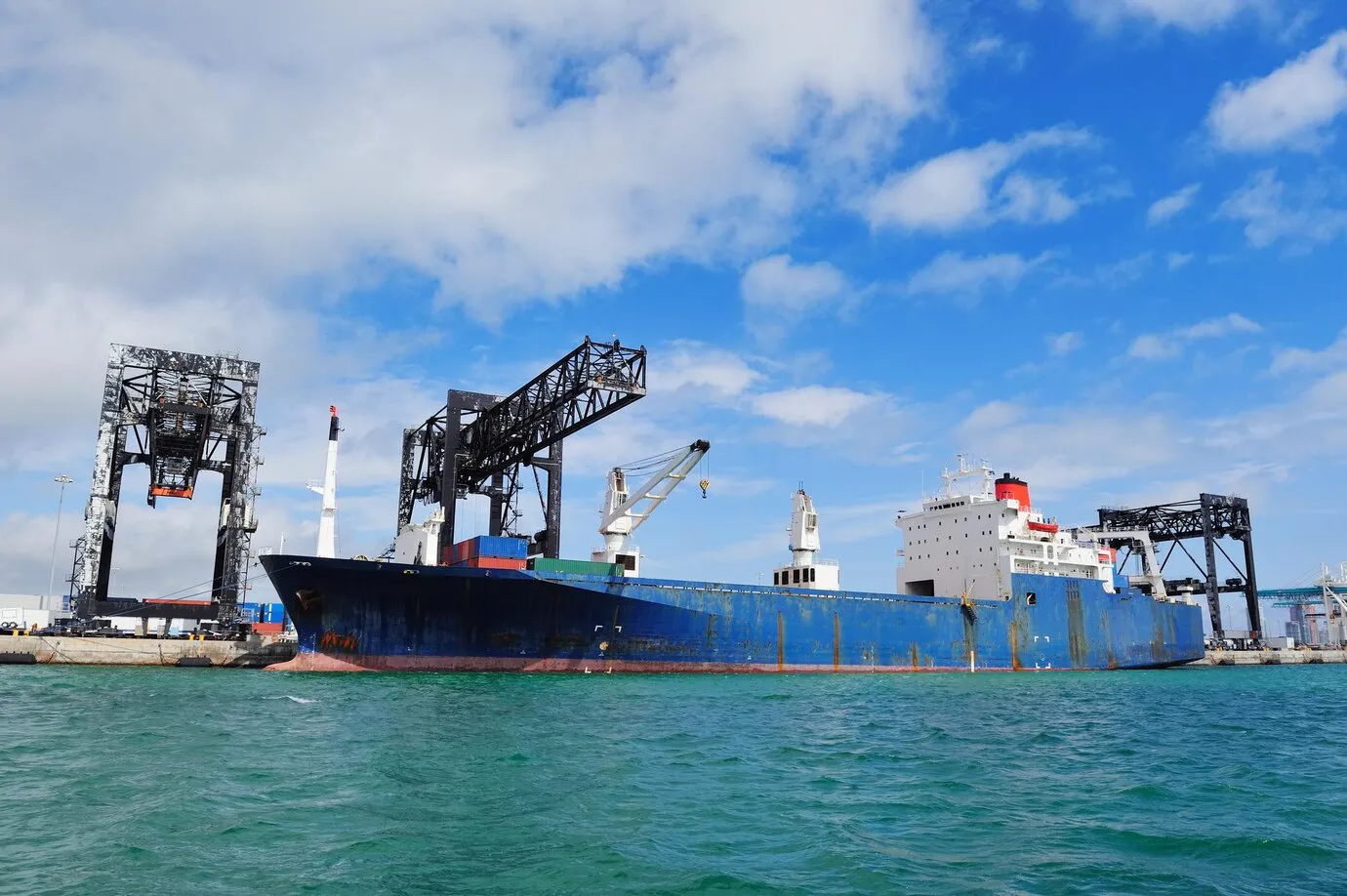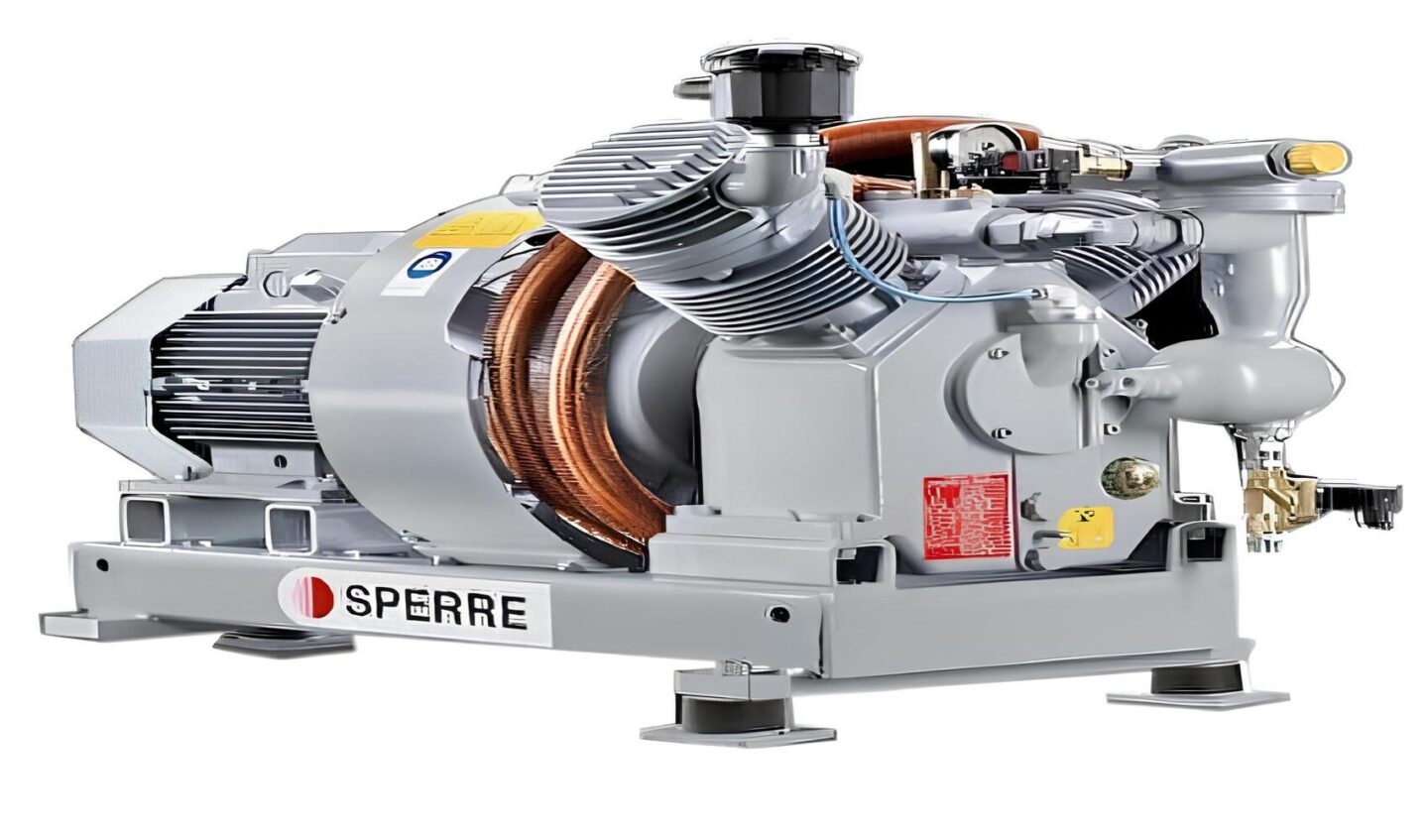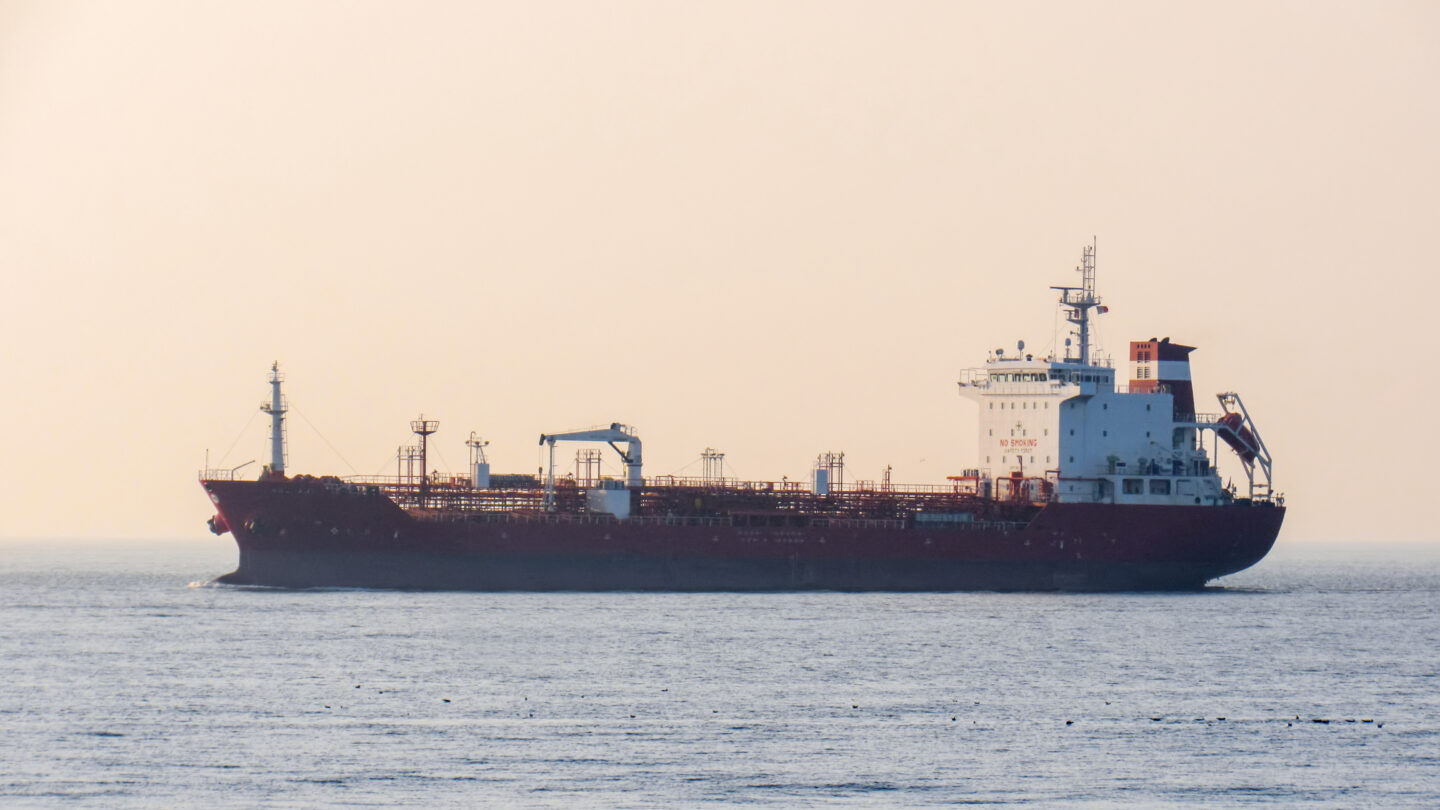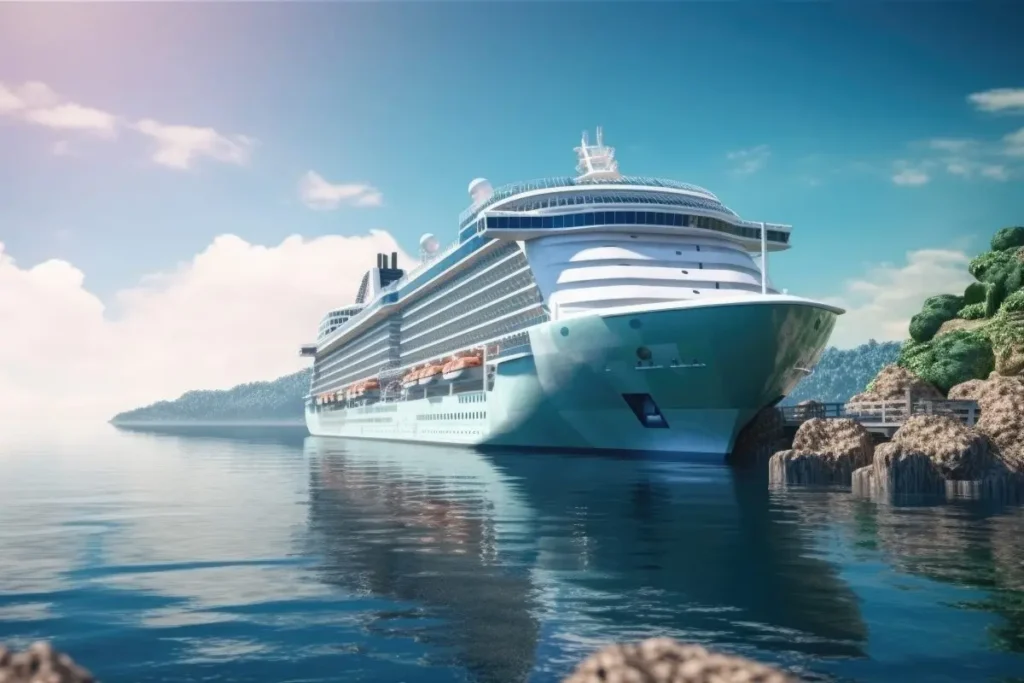Marine diesel engines serve as the primary power source for all maritime vessels that range from small fishing boats to massive freighters. Modern diesel technology transformed marine power units into efficient reliable products but operators still need expert maintenance services.
This article examines frequent problems that influence marine diesel engines and offers useful solutions for boat owners and operators. Understanding these basics helps prevent costly repairs and ensures a smooth experience on the open water.
Understanding How Diesel Engines Work
Diesel engines operate through a straightforward but powerful process. The compression of air reaches extremely hot temperatures before diesel engines introduce fuel for combustion initiation. Unlike gasoline engines, the diesel engine uses compression ignition to power its operation which removes the requirement for spark plugs thus improving its reliability. The engine absorbs air before compressing it to 500 degrees Fahrenheit before injecting thin diesel fuel drops which ignite upon air contact to generate the power stroke for vessel propulsion.
Common Diesel Engine Issues and How to Troubleshoot Them
Let’s dive into the most frequent problems marine diesel engine operators encounter and their solutions.
Issue 1 – Fuel Injection Problems
Fuel injection problems often start with dirty or contaminated fuel. Indicators of trouble comprise erratic idling, dark smoke, or decreased power. Owners of boats ought to routinely inspect fuel filters and ensure fuel tanks remain free of water and debris. Modern direct injection diesel engines need extra attention due to their precise fuel delivery systems.
Regular maintenance includes cleaning injector nozzles, replacing worn injectors, and ensuring proper fuel pressure. Professional inspection of the fuel system prevents most injection-related issues before they become serious.
Issue 2 – Air Compression Challenges
When air compression fails, engines struggle to start or lose power dramatically. Common symptoms include hard starting on cold mornings or white smoke from the exhaust. Technicians should check valve clearances and piston rings for wear.
Low compression often points to worn cylinder walls or damaged piston rings. Testing compression in each cylinder helps pinpoint exactly where the problem lies. Quick action prevents further damage to engine components and saves money on repairs.
Issue 3 – Combustion Chamber Issues
Black smoke and poor fuel economy often signal combustion chamber problems. Contaminated or faulty injectors can result in irregular fuel spray, causing incomplete combustion.
Options involve cleaning the combustion chamber, verifying valve timing, and confirming appropriate fuel atomisation. Regular oil analysis helps detect metal particles that might indicate wear inside the combustion chamber. Adequate upkeep of these parts guarantees peak engine functionality and fuel economy.
Types of Diesel Engines and Their Unique Troubleshooting Needs
Marine diesel engines are available in different configurations, each having particular maintenance needs. Four-stroke engines, typically found in bigger ships, require valve adjustments and more regular oil changes. Two-stroke engines, commonly seen in smaller boats, need close attention to their lubrication systems.
Understanding these differences helps operators choose the right maintenance schedule and troubleshooting approach. Modern engines with electronic controls need specialised diagnostic equipment, while mechanical engines rely more on traditional troubleshooting methods.
Best Practices for Maintaining Diesel Engines

- Establish a regular maintenance schedule including oil changes, filter replacements, and system checks
- Monitor engine parameters like temperature, pressure, and fuel consumption
- Keep detailed maintenance logs to track engine performance over time
- Use high-quality fuel and oil appropriate for marine conditions
- Install fuel polishing systems to maintain clean fuel
- Train crew members in basic troubleshooting procedures
- Upgrade older systems with modern monitoring equipment when practical
- Schedule professional inspections at recommended intervals
Conclusion
Our team at K-Marine understands the critical role of proper diesel engine maintenance in marine operations. We urge every boat owner to adopt a proactive stance towards engine maintenance. Routine upkeep avoids the majority of typical problems, conserving both time and money over time. Keep in mind that a properly cared-for diesel engine offers many years of dependable performance. Reach out to our skilled technicians for expert assistance in ensuring your marine diesel engine operates at optimal performance.




